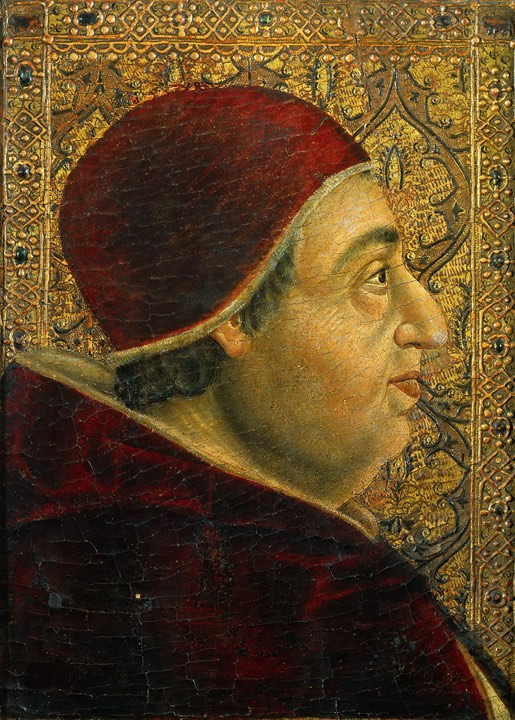- March 30, 1493
Gerald FitzGerald, 8th Earl of Kildare KG (born c. 1456 – c. 3 September 1513), known variously as “Garret the Great” (Gearóid Mór) or “The Great Earl” (An tIarla Mór), was Ireland’s premier peer. He served as Lord Deputy of Ireland from 1477 to 1494, and from 1496 onward. His power was so great that he was called “the uncrowned King of Ireland”.
Perkin Warbeck (c. 1474 – 23 November 1499) was a pretender to the English throne claiming to be Richard of Shrewsbury, Duke of York, who was the second son of Edward IV and one of the so-called “Princes in the Tower”. Richard, were he alive, would have been the rightful claimant to the throne, assuming that his elder brother Edward V was dead and that he was legitimate—a point that had been previously contested by his uncle, King Richard III.
Perkin Warbeck, claiming to be Richard, duke of York, Edward IV’s second son, won widespread support in Munster in 1491–2, Kildare remained suspiciously inactive as deputy governor.
Fearful of his intentions, Henry VII deployed Sir James Ormond (Butler) to prevent a possible combination of Geraldine forces from the earldoms of Kildare and Desmond in support of Warbeck. Henry also deprived Kildare of the deputy governorship and dismissed his closest followers from office.
It soon became apparent, however, that Lord Kildare’s influence exceeded that of his two successors, Archbishop Walter FitzSimons and Sir James Ormond, who jointly held the governorship of Ireland in 1492–3. The king’s efforts to cultivate Sir James Ormond as a counterweight to Kildare precipitated another round in the longstanding Butler–FitzGerald feud and resulted in serious unrest in the Pale. Again, crucially, Kildare refused to cooperate in the government and defence of the Pale.
Kildare managed to keep his position after the York dynasty in England was toppled and Henry VII became king, but Kildare blatantly disobeyed King Henry on several occasions; he supported the pretender to the throne of England and the Lordship of Ireland, Lambert Simnel. Henry needed Lord Kildare to rule in Ireland, but found it almost impossible to control him.
Simnel’s attempt to seize the throne ended in disaster at the Battle of Stoke Field and many of his supporters, including Kildare’s brother Thomas, were killed. Henry, now secure on his throne, could afford to be merciful and pardoned both Simnel and Kildare. Kildare was shrewd enough not to commit himself to the cause of the later pretender Perkin Warbeck, despite Henry’s caustic comment that the Irish nobility would crown an ape to secure more power for themselves.

 ← Treaty of Sable, Charles VIII of France makes peace with Fransez II of Brittany.
← Treaty of Sable, Charles VIII of France makes peace with Fransez II of Brittany.
 A bull from Pope Alexander VI confirmed the foundation of Aberdeen University →
A bull from Pope Alexander VI confirmed the foundation of Aberdeen University →